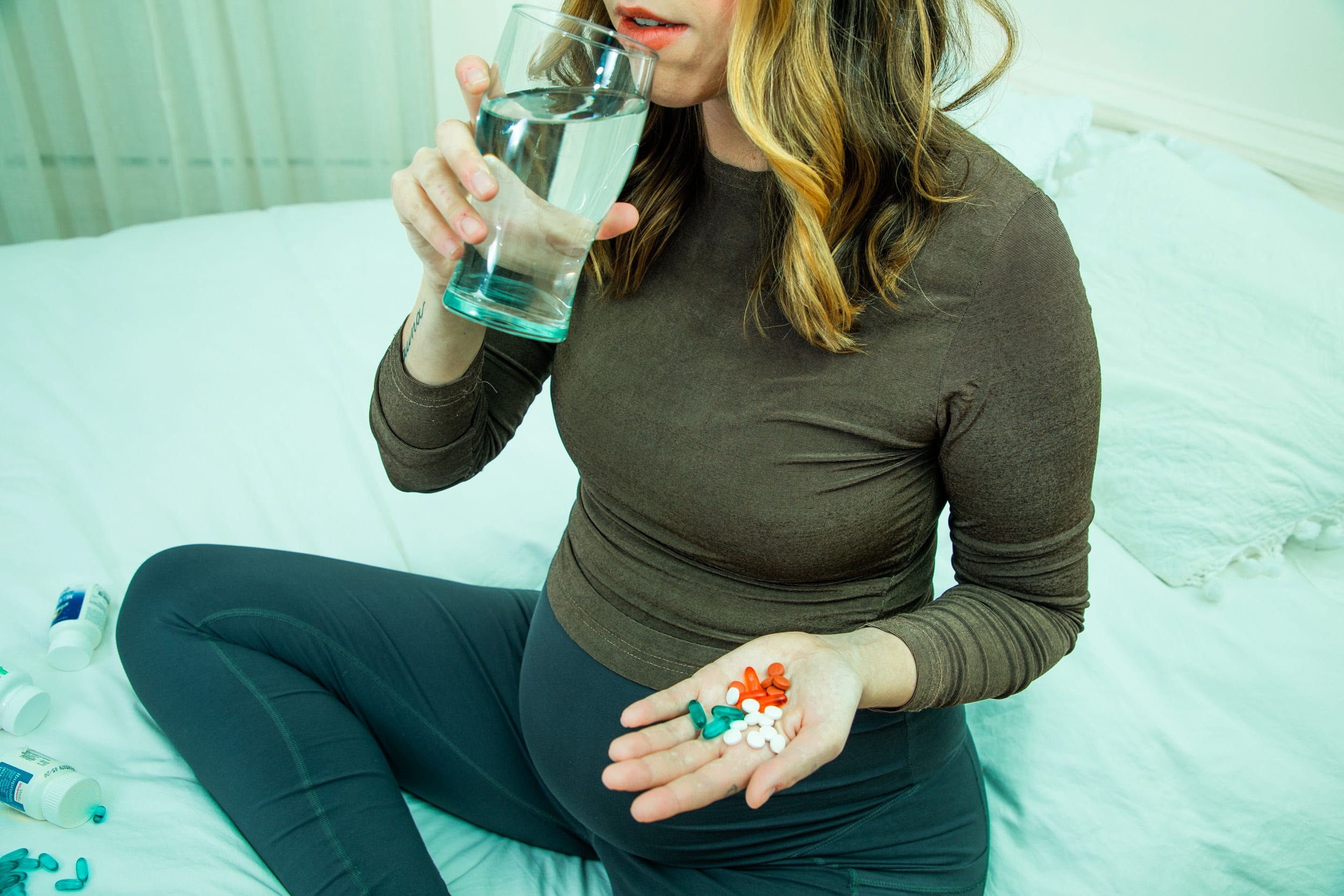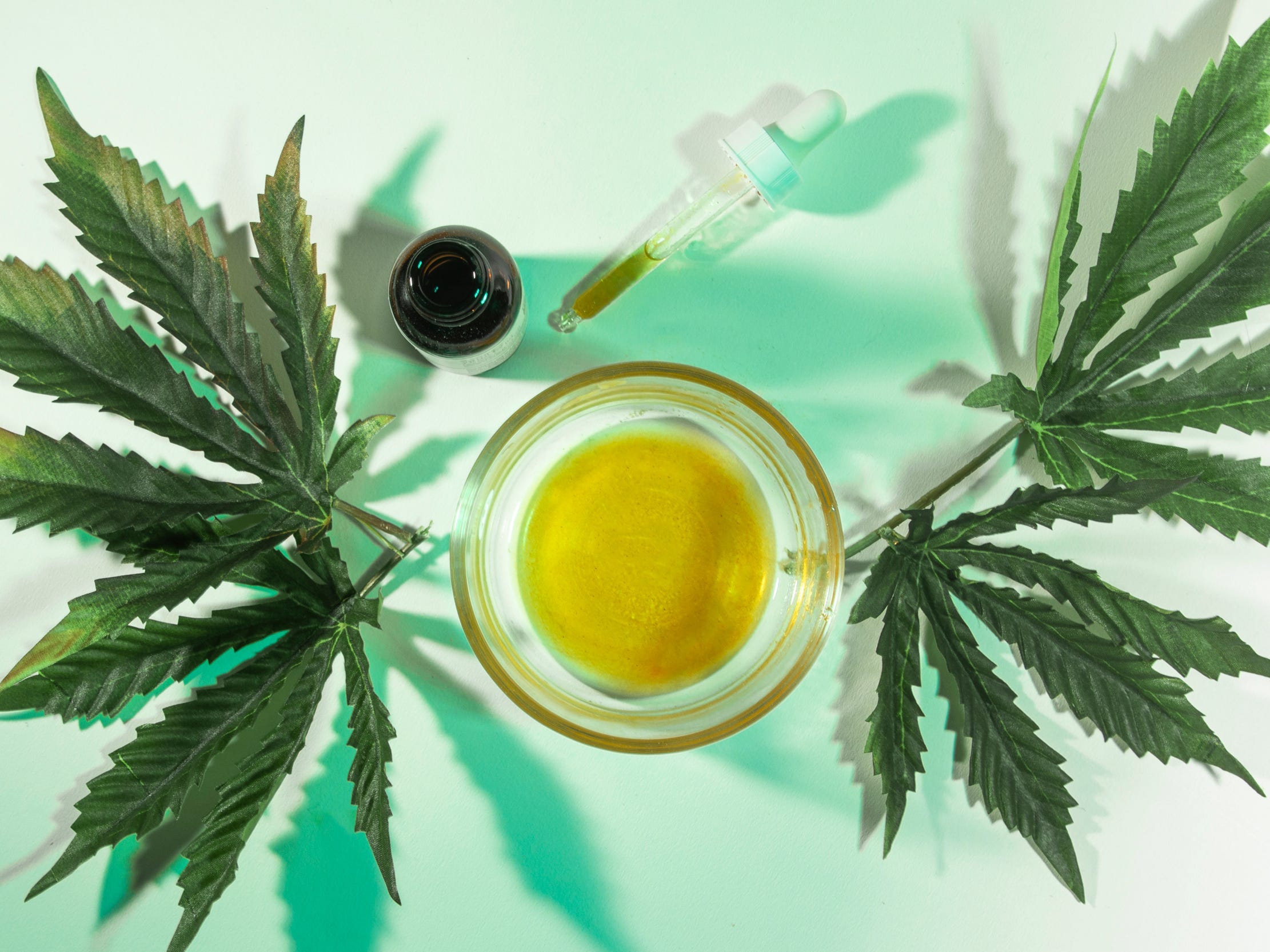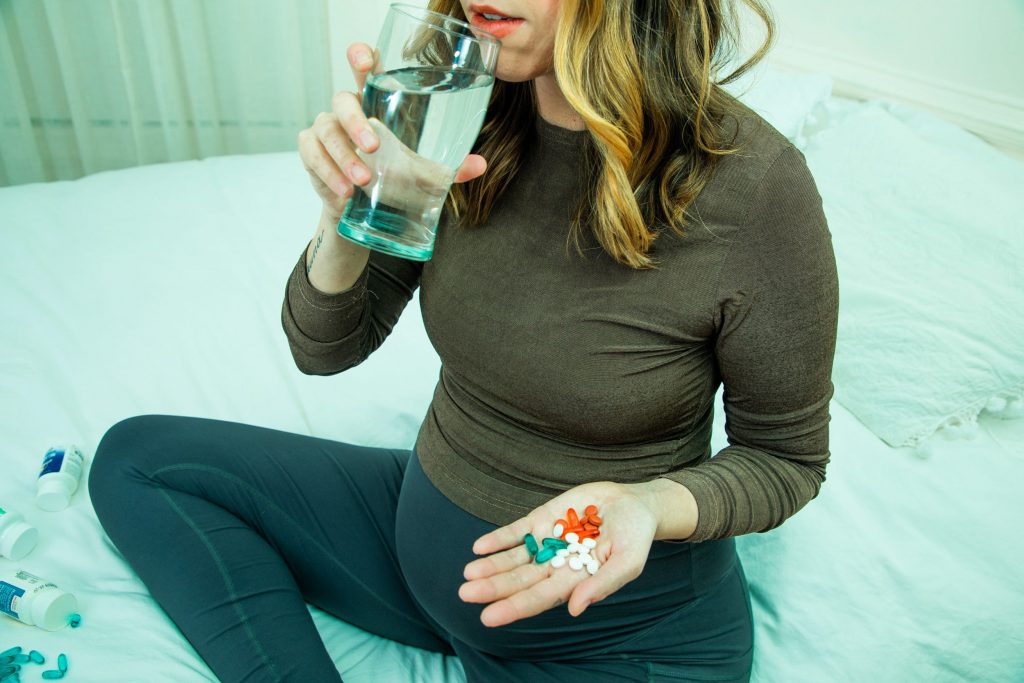
- There's no strong human research on CBD in pregnancy, so the FDA "strongly advises" against it.
- But some moms find the tradeoff worth it to manage pain, anxiety, and sleeplessness.
- Pregnant with questions? Submit your question to Anna anonymously here for nonjudgmental answers.
- Visit Insider's homepage for more stories.
Dear Anna,
I started using CBD about a year ago to cope with pain from an injury, and have kept using it to ease stress and improve sleep. Now, I'm pregnant and unsure if I should cut it out.
It seems so harmless, especially compared to other substances, and I'm sure it could help me through some of the discomfort and stress I'm bound to experience in pregnancy. Then again, maybe I'll be more stressed taking something we still don't know that much about. What do you think?
– Leah, Denver
Dear Leah,
Your question is quite timely: CBD is increasingly popular, and as cannabis is increasingly legalized, it may seem more harmless than other marijuana components on the market.
THC, another marijuana compound, gives you a high, which CBD does not. But both have been shown to improve anxiety, ease nausea, and dull pain - appealing claims, especially if you're pregnant.
In terms of birth outcomes, there is some evidence that THC is linked to preterm birth and developmental problems. CBD is not, though it hasn't been studied enough to know if there may be negative birth outcomes.
The Food and Drug Administration "strongly advises" against any form of marijuana use in pregnancy, and that includes CBD.
My stance is a little more sympathetic to your experience. After all, the FDA has to make blanket recommendations for public health, not individualized guidance. And while CBD may be risky in pregnancy, in some cases, those risks may by outweighed by the benefits.
Expert guidance is to avoid CBD use in pregnancy
The FDA points to animal research showing high doses of CBD in pregnancy leads to reproductive system problems in male fetuses. Other research that followed offspring of mice given CBD found the females had "thousands of changes in their gene expression" and worsened anxiety in adulthood. There's also evidence CBD can be passed to babies via breast milk, the FDA says, though it's unclear how that could affect them.
From my view, the FDA's most compelling concern is that the poorly regulated CBD industry leaves a lot of room for error. Your CBD could contain more or less of the compound than what's on the label, and be contaminated with THC, pesticides, or heavy metals. Like other supplements, it can also interact with other medications.
Consider the tradeoff

There is decent human research showing support for CBD when it comes to pain relief, depression, and anxiety in non-pregnant people. It could also help with nausea, so it's no wonder that it may be appealing in pregnancy.
Knowing what you know about what the research can and can't tell us, consider the tradeoffs. Will you be driven to drink or smoke tobacco if you don't have CBD? Will you experience debilitating stress, nausea, and sleeplessness?
As Lynn Paltrow, a lawyer who serves as president of the National Advocates for Pregnant Women, previously told me, marijuana studies can't control for "the stress that would have occurred had it not been for [the substance]."
Find a doctor who is open to speaking about CBD, and try alternative methods
The good news is you don't have to make one decision and stick with it. How about trying to stop the CBD and seeing how you feel?
Dr. Nicole Rankins, a South Carolina OB-GYN suggested other methods for stress and pain that we know are healthy for pregnant people: Yes, meditation and exercise, but also things like physical therapy, talk therapy, and even some prescription medications.
If alternative options aren't cutting it, talk to your provider (or find another one who's open to CBD use) about how to incorporate the compound as safely as possible.
"Every person can make choices for themselves about what they do, they just need to have the information," Rankins said. "It hasn't been thoroughly studied in pregnancy, it's not regulated the same way [as medications] to look for things like contaminants, so know that you may be exposing your baby to things that you don't know about."
Senior health reporter Anna Medaris Miller is here to answer all of your questions about pregnancy- especially the ones you don't want to bring to your doctor or even friends. As a journalist covering women's health for more than a decade, she'll mine the research, consult a range of experts, and give you the key takeaways. Submit your question anonymously to Anna here.


